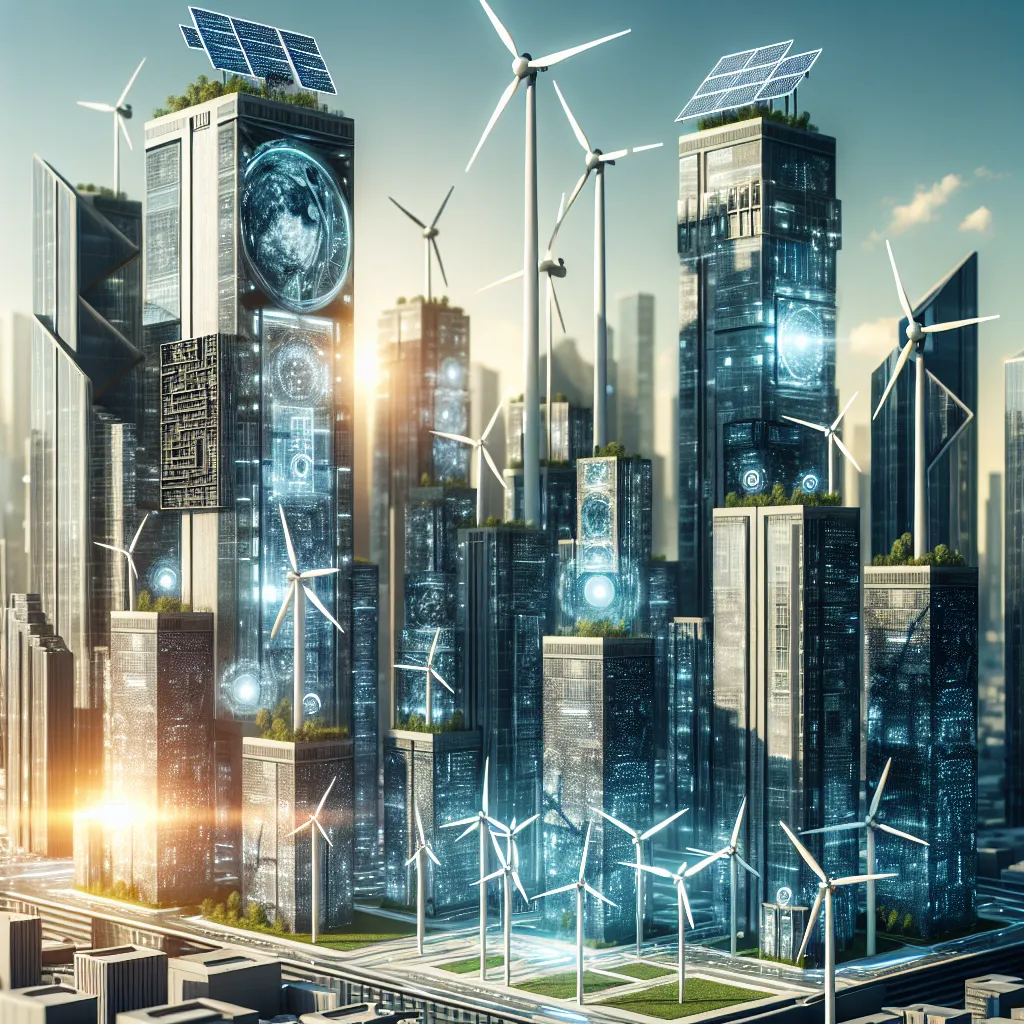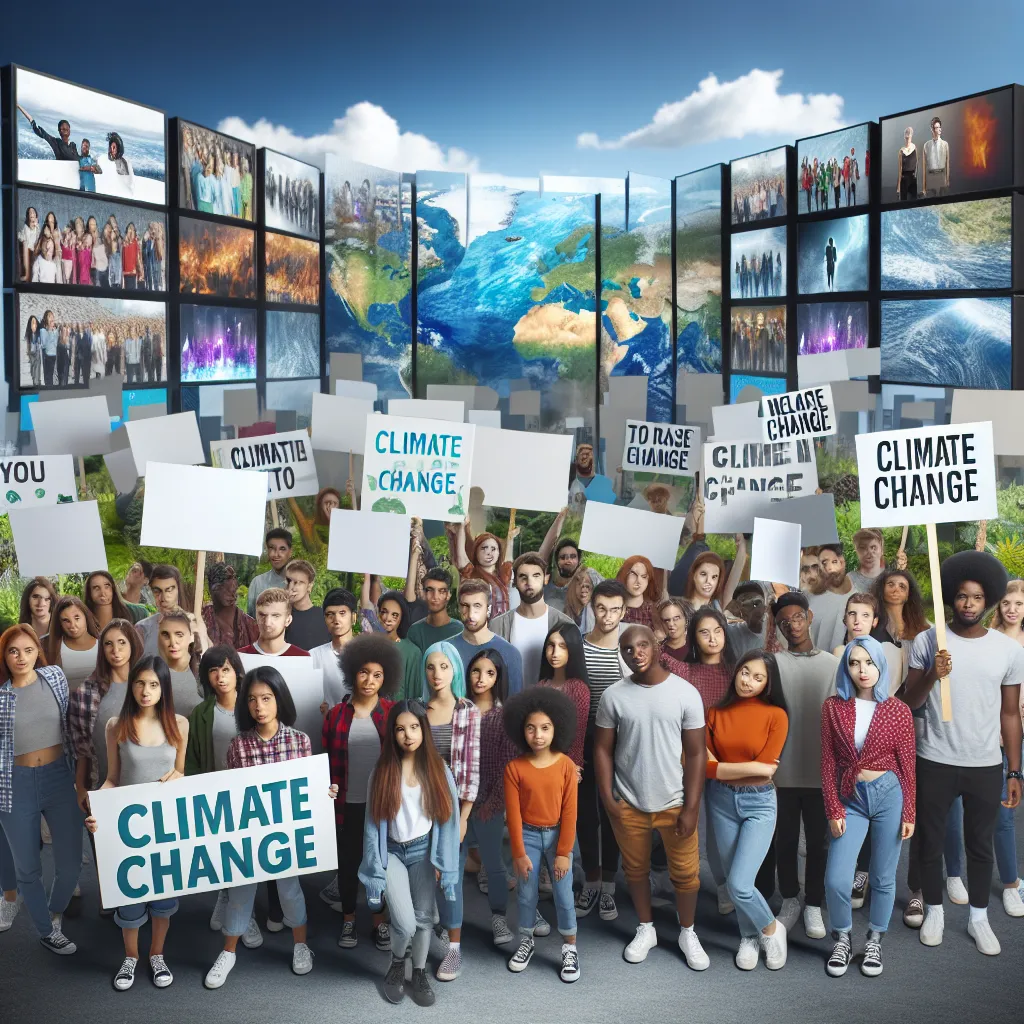Renewable energy and its impact on economic growth is a topic that has gained significant traction in recent IELTS exams. Based on trends observed in past tests and the growing global focus on sustainable development, it’s highly likely that this theme will continue to appear in future IELTS Writing Task 2 questions. Let’s explore a common question type related to this topic and provide sample essays to help you prepare effectively.
Nội dung bài viết
Analyzing the Question
Some people believe that economic growth is the only way to end poverty and hunger globally, while others say that economic growth is causing damage to the environment. Discuss both views and give your opinion.
This question touches on the complex relationship between economic growth, poverty reduction, and environmental sustainability. It requires candidates to:
- Discuss the view that economic growth is essential for ending poverty and hunger.
- Explore the opposing view that economic growth harms the environment.
- Present and justify their own opinion on the matter.
Sample Essay (Band 8-9)
Economic development has long been considered a panacea for global issues such as poverty and hunger. However, the environmental consequences of unchecked growth have led to a contentious debate about its true value. This essay will examine both perspectives before offering a nuanced opinion on this complex issue.
Proponents of economic growth argue that it is the most effective means of alleviating poverty and hunger worldwide. They contend that as economies expand, more jobs are created, incomes rise, and governments have greater resources to invest in social welfare programs. For instance, China’s rapid economic growth over the past few decades has lifted millions out of extreme poverty, demonstrating the potential of economic development to improve living standards on a massive scale.
On the other hand, critics point out that unfettered economic growth often comes at a severe environmental cost. The pursuit of profit and increased production has led to deforestation, air and water pollution, and accelerated climate change. These environmental damages not only threaten the planet’s ecosystems but also disproportionately affect the world’s poorest populations, potentially exacerbating the very problems that economic growth aims to solve.
In my view, the solution lies not in choosing between economic growth and environmental protection, but in finding a way to harmonize the two. The concept of sustainable development offers a promising path forward. By investing in renewable energy sources, implementing circular economy principles, and prioritizing green technologies, nations can achieve economic growth while minimizing environmental impact. This approach not only addresses immediate concerns of poverty and hunger but also ensures long-term sustainability for future generations.
 Renewable energy powering economic growth
Renewable energy powering economic growth
In conclusion, while economic growth has undoubtedly played a crucial role in reducing poverty and hunger, its environmental costs cannot be ignored. The way forward must involve a balanced approach that promotes sustainable economic development, leveraging renewable energy and green technologies to create a more equitable and environmentally responsible world.
(Word count: 309)
Sample Essay (Band 6-7)
There is a big debate about whether economic growth is good or bad for solving world problems. Some people think it’s the only way to end poverty and hunger, but others worry about how it hurts the environment. I will discuss both sides and give my opinion.
On one hand, economic growth can help reduce poverty and hunger. When the economy grows, more jobs are created and people can earn more money. Governments also get more taxes, which they can use to help poor people. For example, many countries in Asia have grown their economies and now have less poverty than before.
However, economic growth can also cause problems for the environment. Factories and cars pollute the air and water. Forests are cut down to make space for farms and cities. These things can hurt animals and plants, and make climate change worse. Some people say that this environmental damage is too high a price to pay for economic growth.
In my opinion, we need to find a way to have economic growth without hurting the environment too much. I think we should focus on developing clean energy like solar and wind power. This can create jobs and help the economy grow, but without causing as much pollution. We should also try to use resources more carefully and recycle more.
To conclude, economic growth is important for fighting poverty and hunger, but we need to be careful about how it affects the environment. I believe that if we use smart technologies and focus on clean energy, we can have growth that is good for both people and the planet.
(Word count: 267)
Key Writing Tips
-
Structure: Both essays follow a clear structure with an introduction, body paragraphs discussing each viewpoint, and a conclusion. The band 8-9 essay demonstrates more sophisticated paragraph transitions and a more nuanced argument.
-
Vocabulary: The higher band essay uses more advanced vocabulary and phrases like “panacea,” “contentious debate,” and “unfettered economic growth.” The band 6-7 essay uses simpler language but still effectively communicates the main ideas.
-
Grammar: The band 8-9 essay showcases a wider range of complex structures, while the band 6-7 essay relies more on simple and compound sentences. Both avoid major grammatical errors.
-
Task Response: Both essays address all parts of the question, but the higher band essay provides more detailed examples and a more sophisticated analysis of the issue.
-
Cohesion and Coherence: The band 8-9 essay demonstrates better use of cohesive devices and more logical flow between ideas. The band 6-7 essay is coherent but with less sophisticated linking.
Essential Vocabulary
- Renewable energy (noun) /rɪˈnjuːəbl ˈenədʒi/ – energy from a source that is not depleted when used
- Sustainable development (noun) /səˈsteɪnəbl dɪˈveləpmənt/ – development that meets present needs without compromising future generations
- Economic growth (noun) /ˌiːkəˈnɒmɪk ˈɡrəʊθ/ – an increase in the amount of goods and services produced per head of the population over a period of time
- Environmental impact (noun) /ɪnˌvaɪrənˈmentl ˈɪmpækt/ – the effect of human activities on the natural world
- Circular economy (noun) /ˈsɜːkjələr ɪˈkɒnəmi/ – an economic system aimed at eliminating waste and the continual use of resources
- Green technology (noun) /ɡriːn tekˈnɒlədʒi/ – technology that is environmentally friendly
- Poverty alleviation (noun) /ˈpɒvəti əˌliːviˈeɪʃn/ – the act of reducing or eliminating poverty
- Climate change (noun) /ˈklaɪmət tʃeɪndʒ/ – long-term shifts in global weather patterns and temperatures
Conclusion
The topic of renewable energy and its role in economic growth is likely to remain relevant in future IELTS exams. To prepare effectively, practice writing essays that balance economic and environmental concerns, using specific examples and advanced vocabulary. Consider exploring related topics such as sustainable development in global economies and the impact of economic policies on job creation.
For further practice, try writing your own essay on this topic or a similar one, such as:
- “Some people argue that transitioning to renewable energy sources will harm economic growth. To what extent do you agree or disagree?”
- “Discuss the advantages and disadvantages of investing in renewable energy for developing countries.”
Share your practice essays in the comments section below for feedback and discussion with other learners. This active engagement will help you refine your writing skills and prepare more effectively for the IELTS Writing Task 2.


